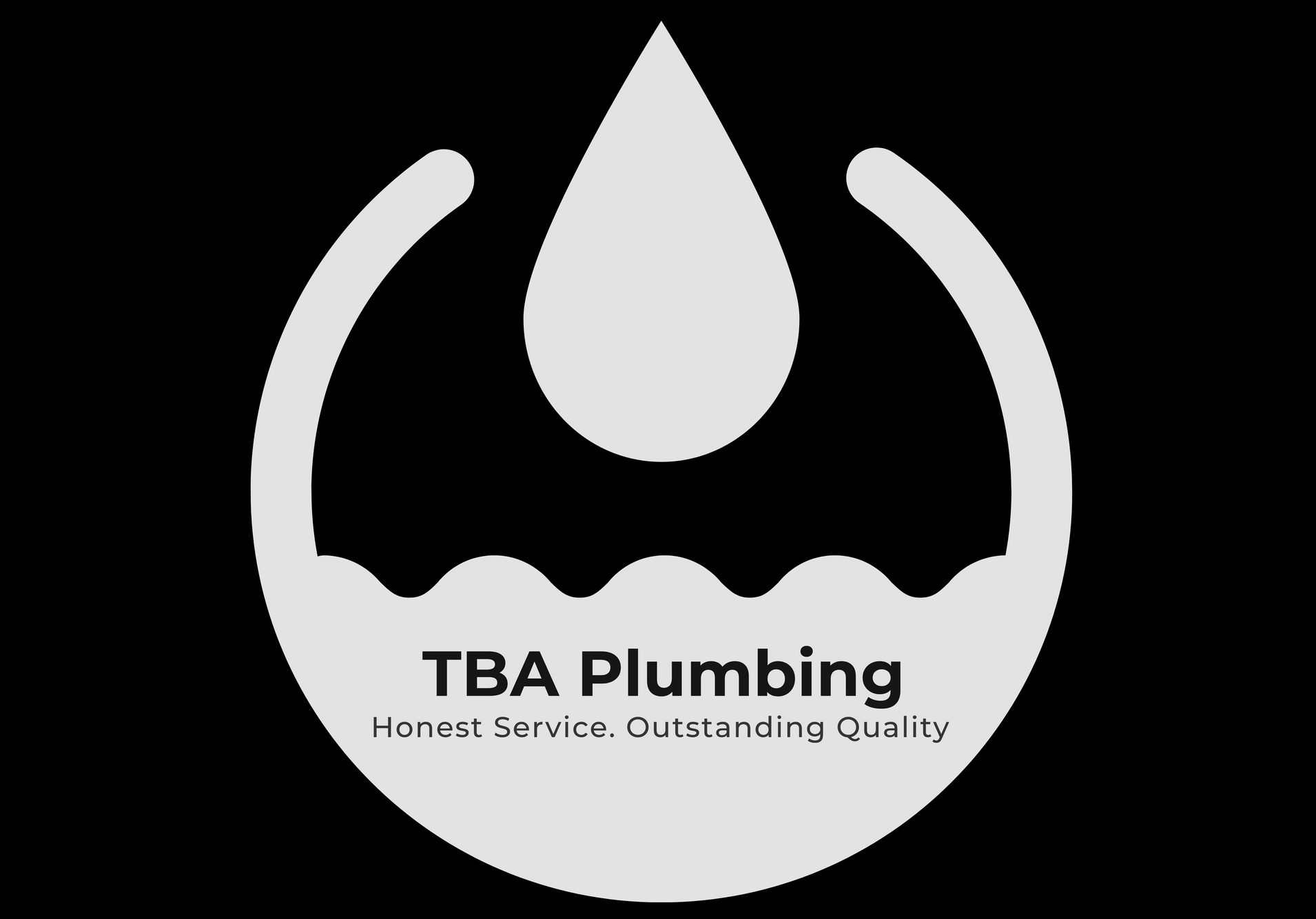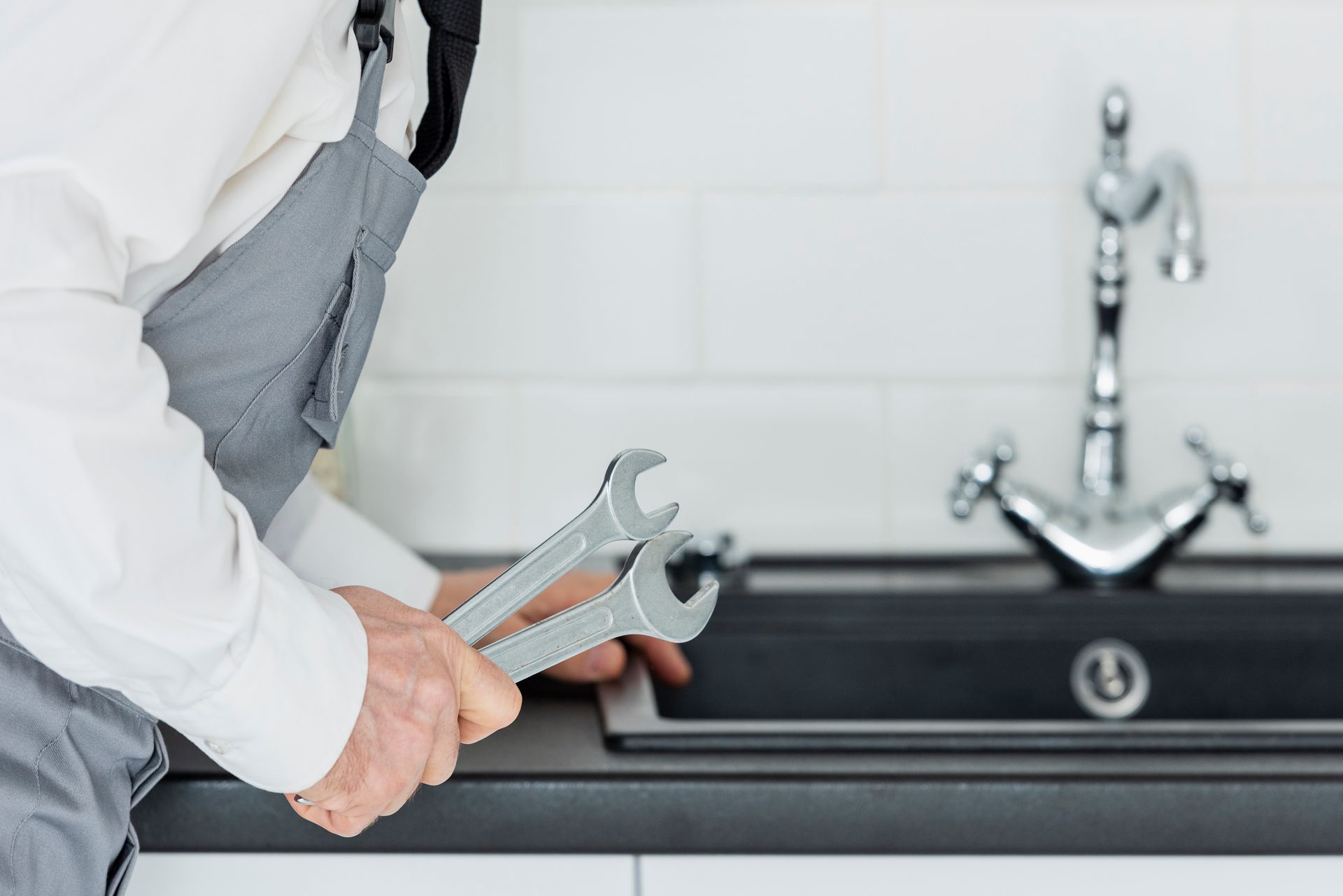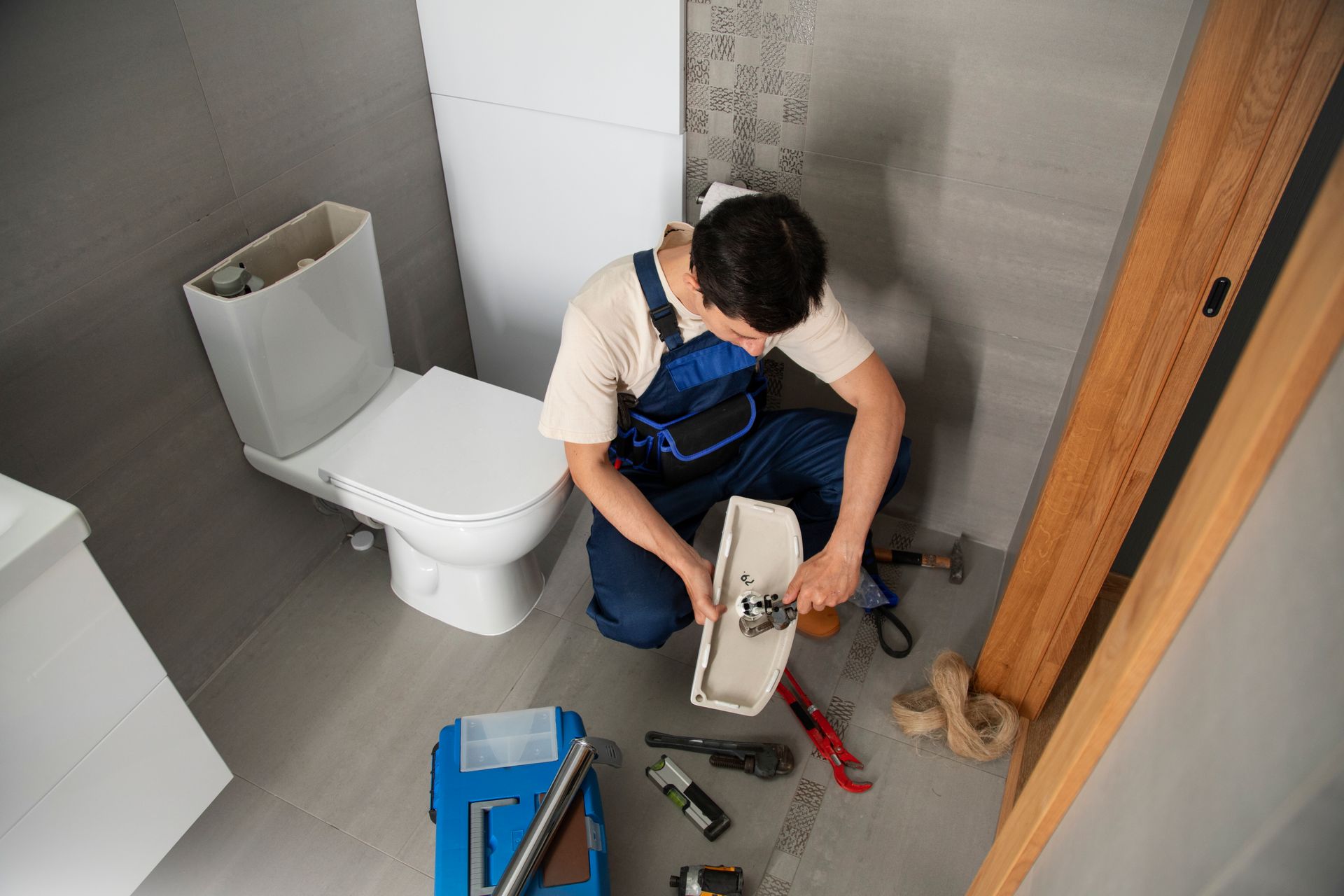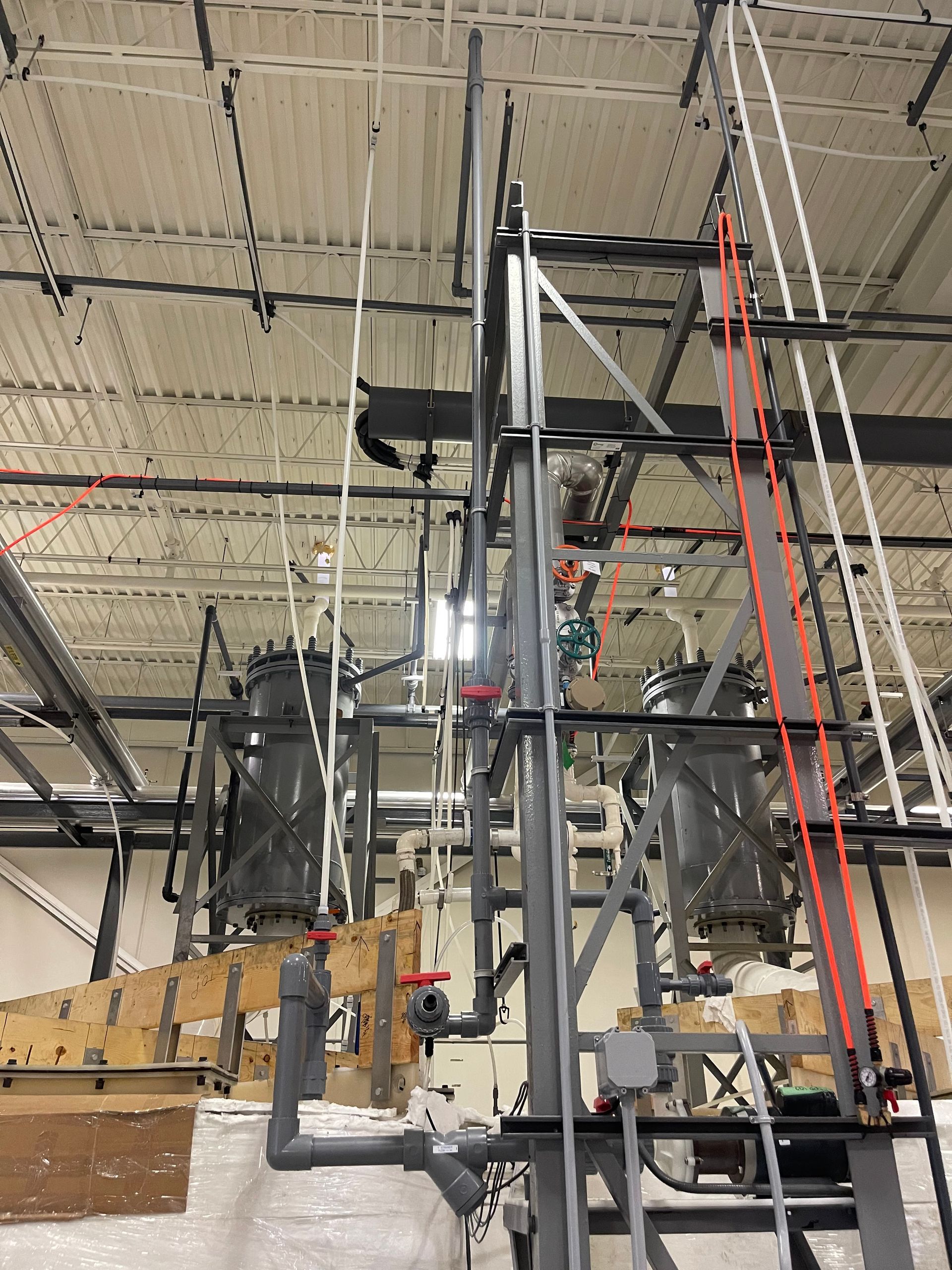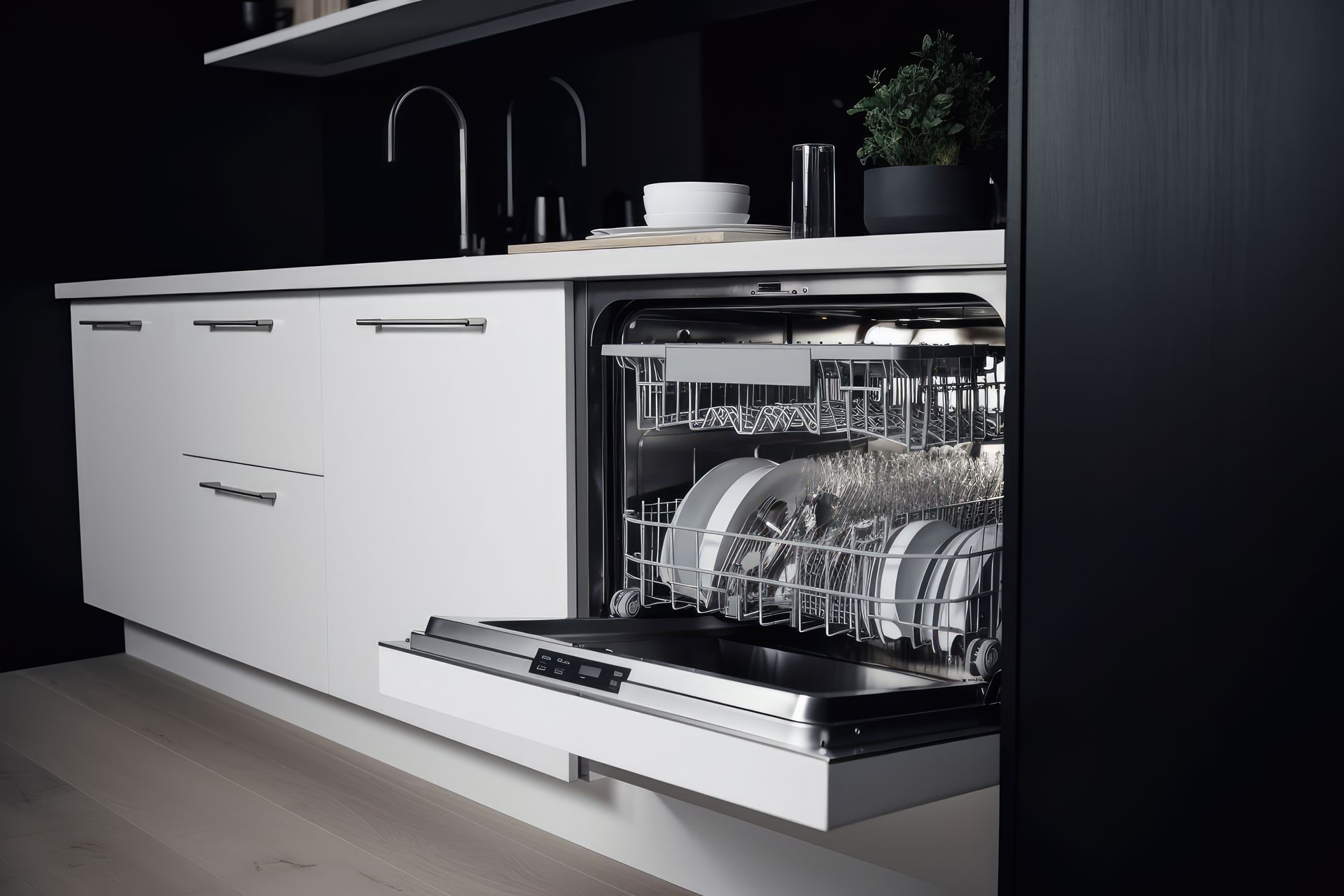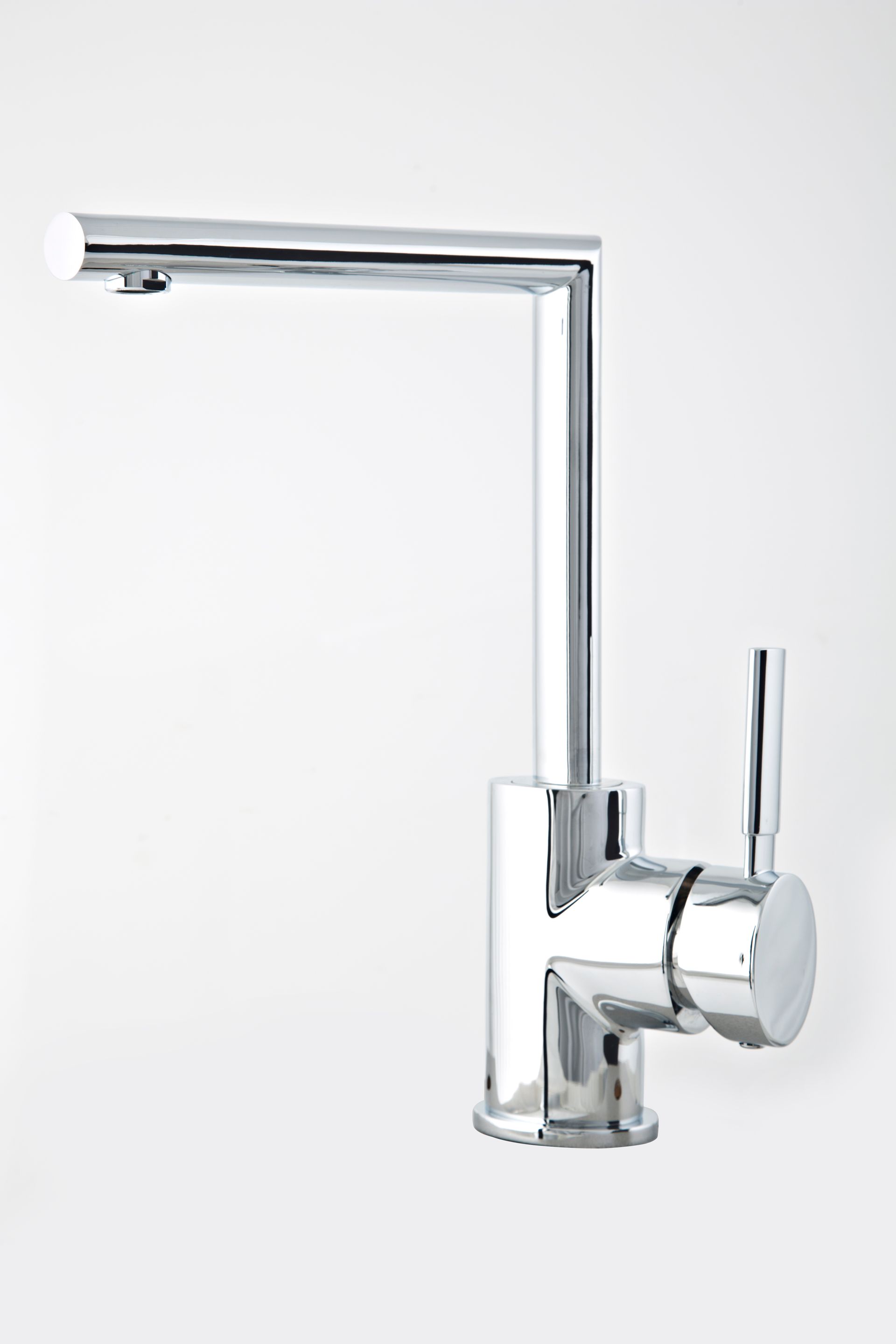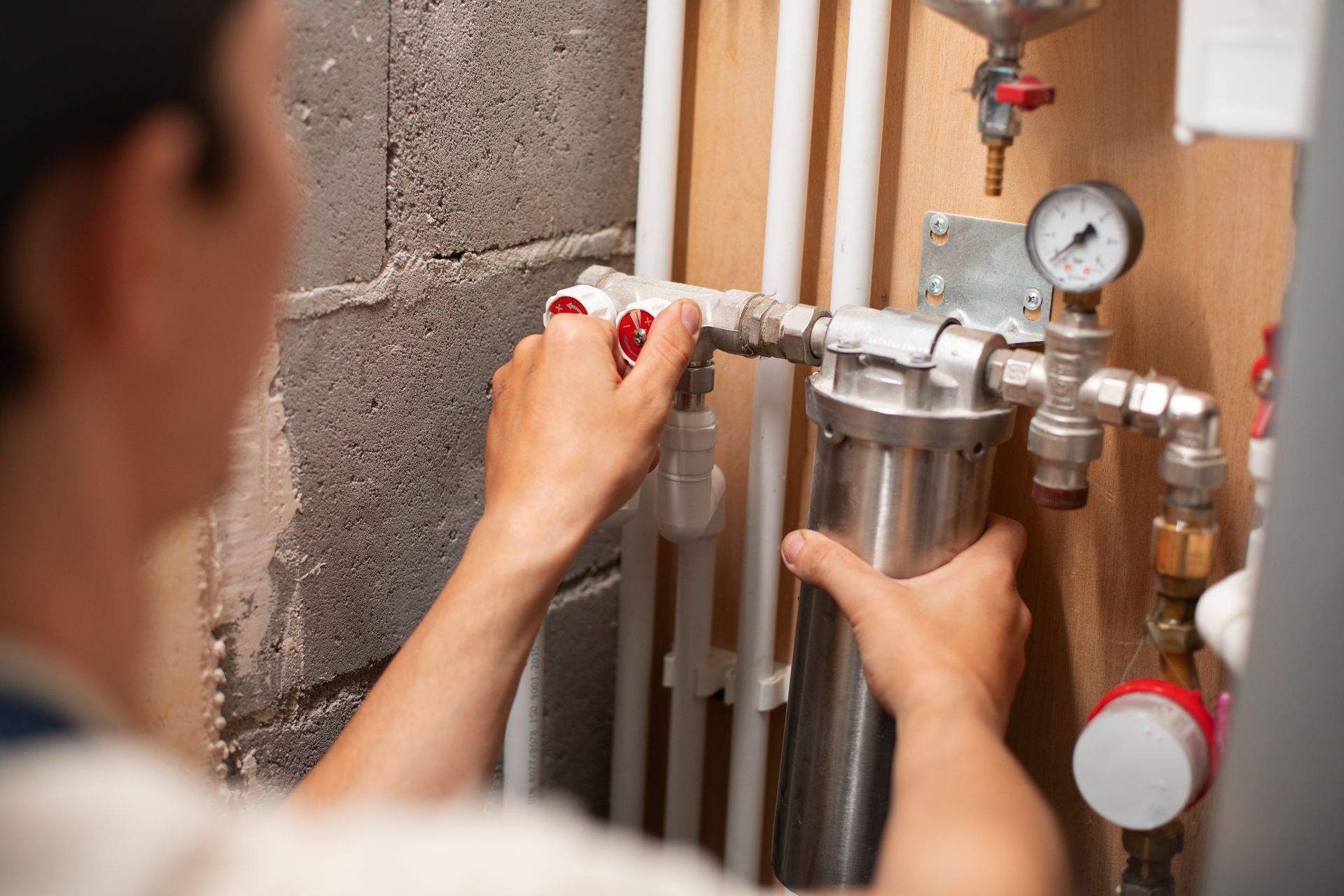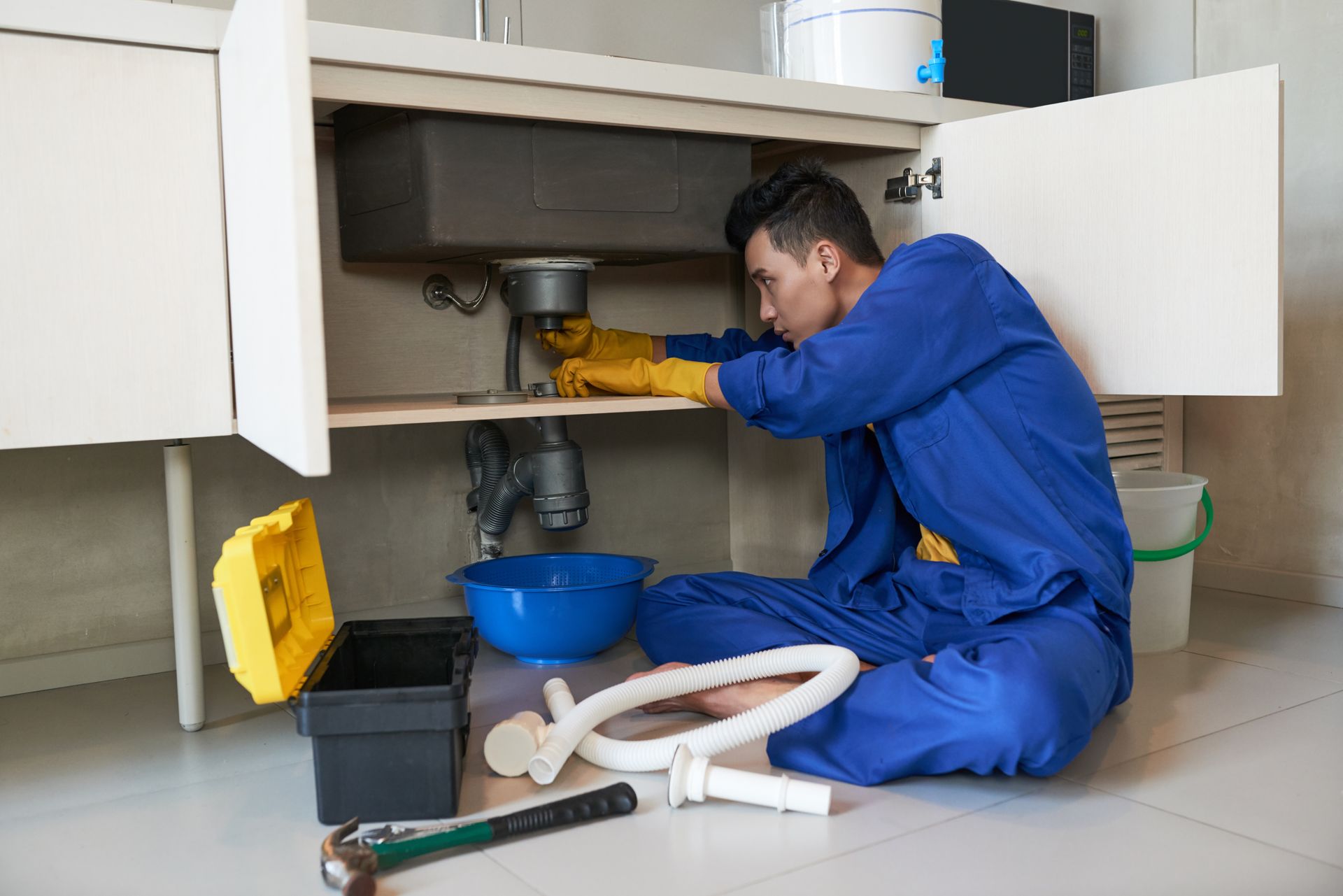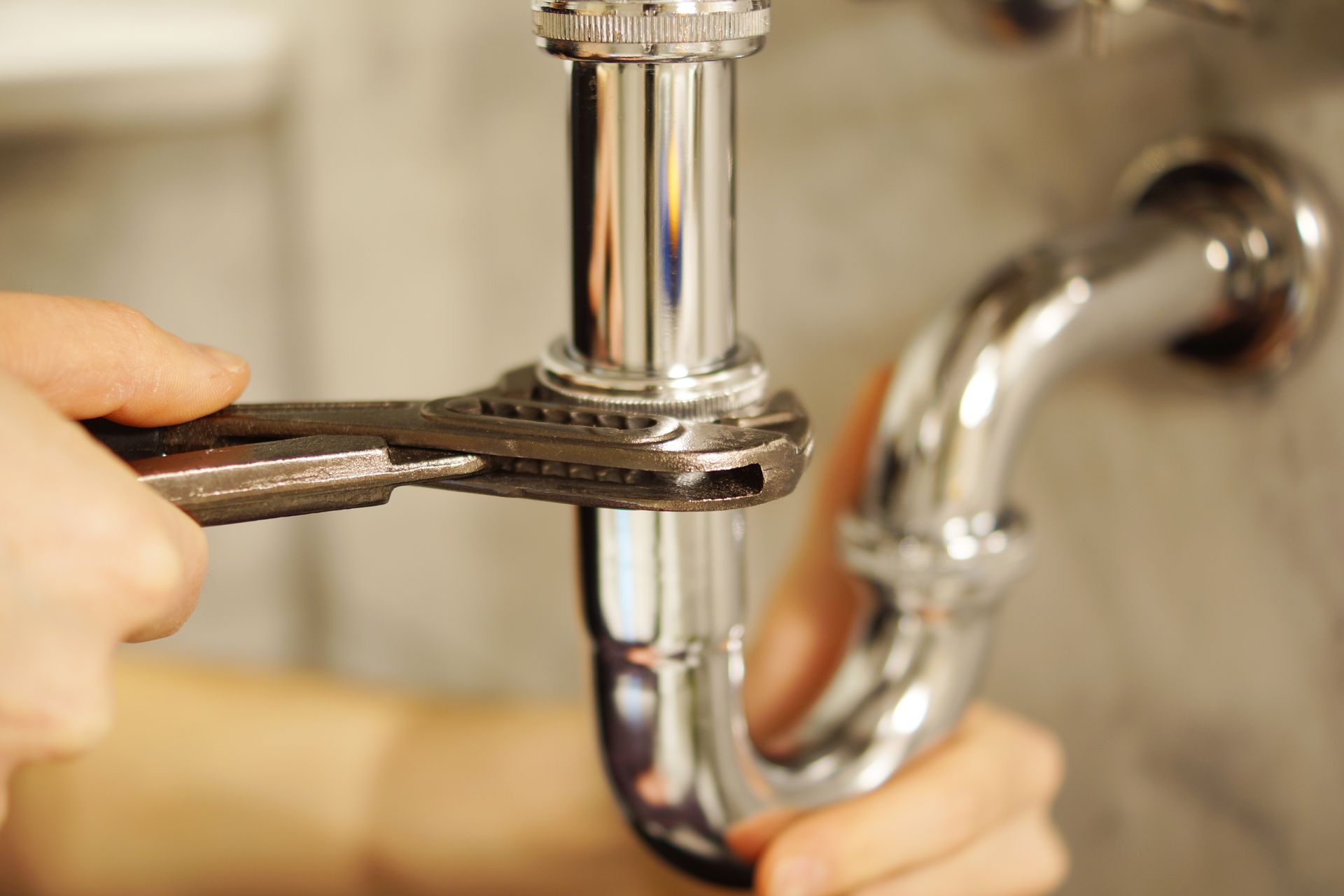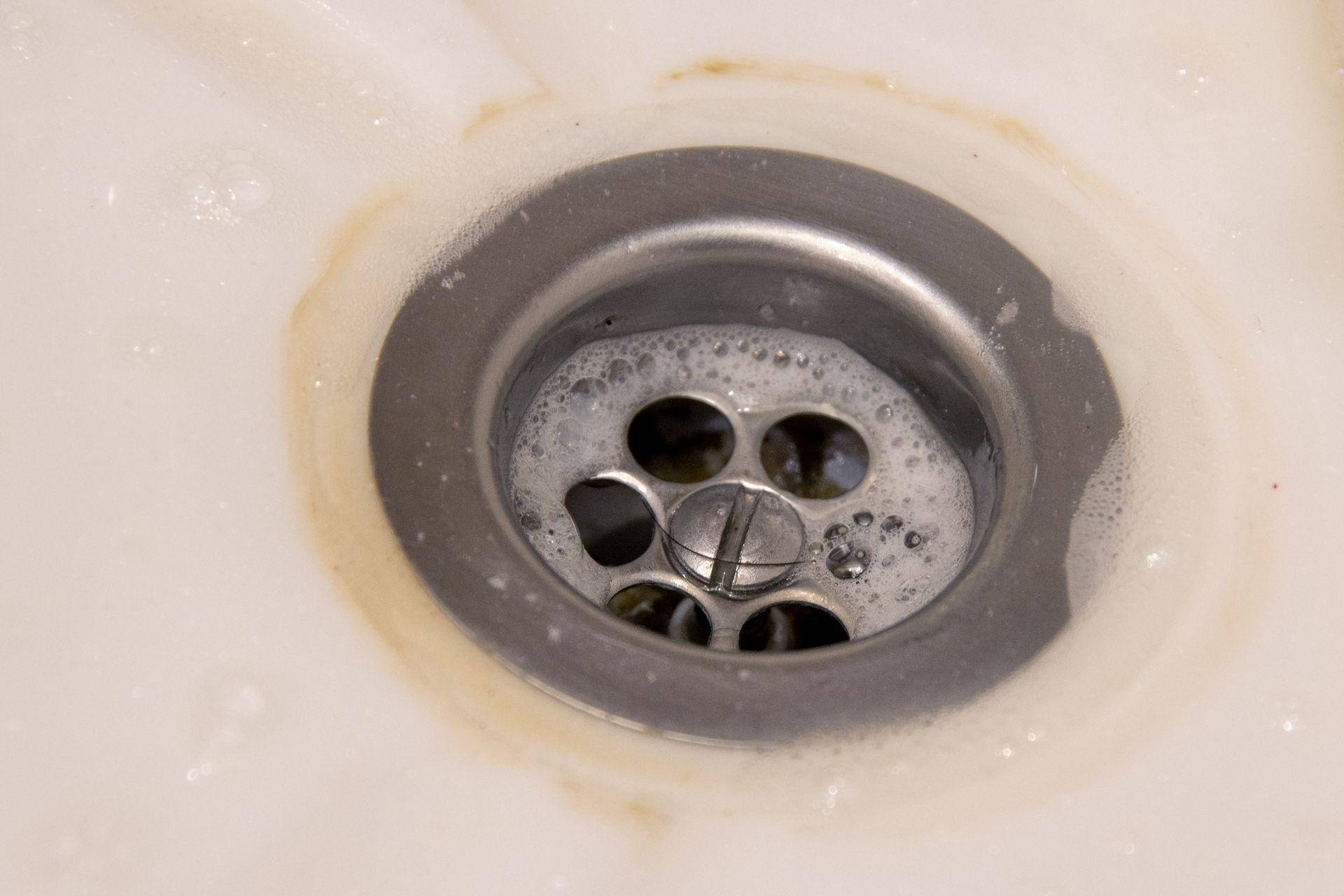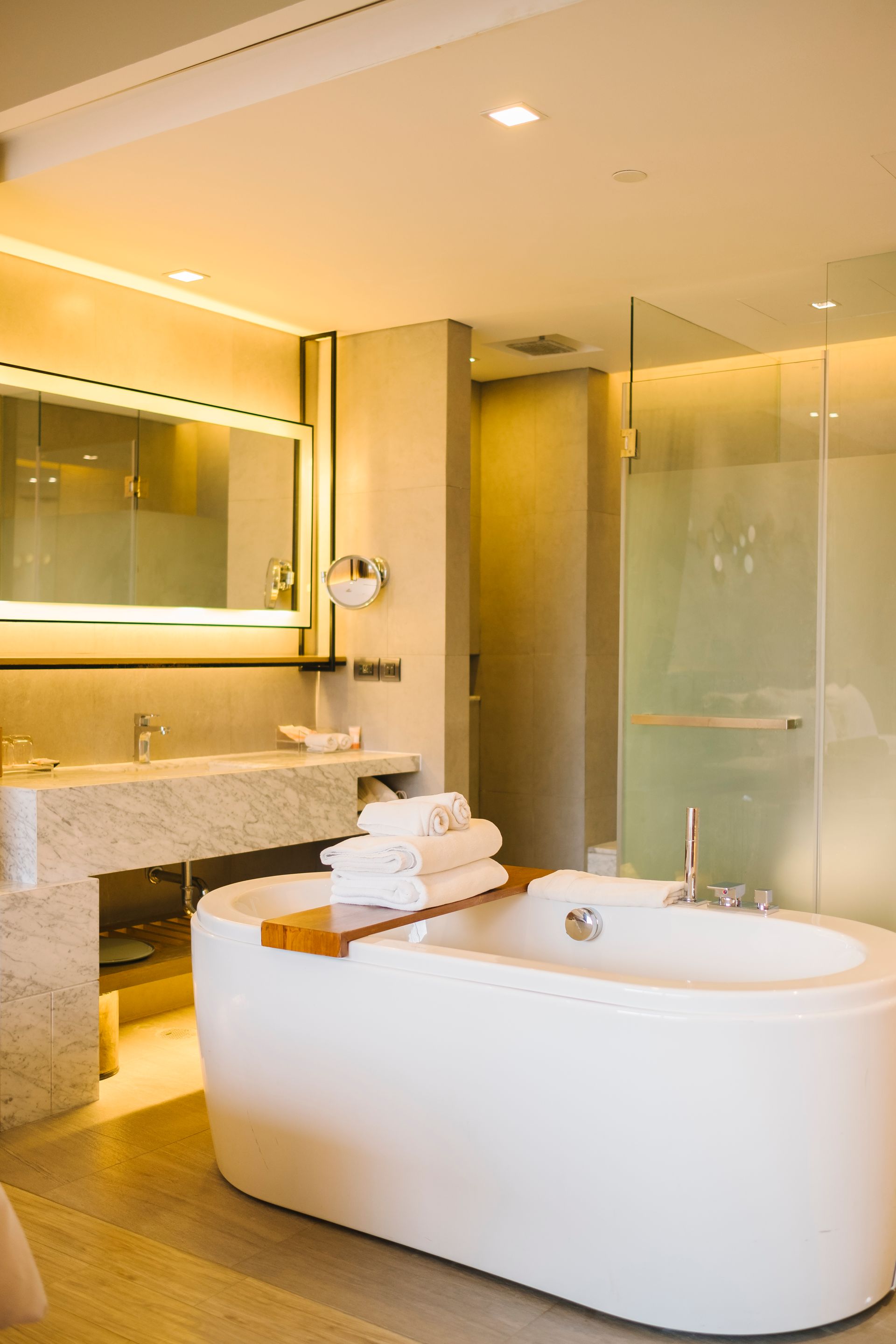Essential Steps in Fixing Leaking Kitchen Sink Drainage Pipes
Essential Steps in Fixing Leaking Kitchen Sink Drainage Pipes
Leaking kitchen sink drainage pipes can be more than just a minor inconvenience; they represent one of the most common household plumbing problems faced by homeowners in Mississauga. Not only can they lead to significant water loss, but they can also cause water damage to your kitchen cabinets and floors, encourage mold growth, and attract pests. Understanding how to address this issue promptly and efficiently can save you from a possible plumbing disaster and costly repairs. This comprehensive guide will walk you through the essential steps to fix leaking kitchen sink drainage pipes and why professional help is often your best bet.
Understand the Common Causes of Leaks
Before diving into repairs, it's crucial to understand why your kitchen sink drainage pipe might be leaking. Common causes include loose connections, corrosion in the pipe, clogs causing pressure build-up, or damage to the pipe itself. Identifying the root cause is the first step toward an effective solution.
Inspection and Diagnosis
Start by clearing out the cabinet under the sink to give yourself ample working space. Place a bucket underneath the sink pipes to catch any water that may drip out when you start working. Use your flashlight to thoroughly inspect the pipes for signs of corrosion, damage, or loose connections. Gently shake each pipe and fitting to test for looseness; this could be the source of the leak.
Tightening Connections
Sometimes, fixing a leaky kitchen sink drainage pipe can be as simple as tightening the connections. Use your pipe wrench or adjustable wrenches to gently tighten any loose fittings. Be cautious not to over-tighten, as this can damage the threads or the pipe itself.
Replacing Worn Out Components
If the leak persists even after tightening the connections, the problem may lie with a worn-out washer or a damaged pipe. In this case, disassemble the affected portion of the drainage system, replace the faulty components, and reassemble the pipes. Applying plumber's putty or tape to the threads can help ensure a watertight seal.
Dealing with Clogs
Clogs can cause pressure to build up in your pipes, leading to leaks. If you suspect a clog is the culprit, use a plunger or a plumber's snake to clear the blockage. Regular maintenance, such as avoiding pouring grease down the drain and using a strainer to catch food particles, can prevent future clogs.
When to Call a Professional
While many leaks can be fixed with a bit of DIY spirit, some situations call for professional intervention. If you're faced with severe corrosion, complex pipe damage, or if the leak persists despite your best efforts, it's time to call in the experts. Professional plumbers have the tools, expertise, and experience to diagnose and fix even the most stubborn leaks, ensuring your plumbing system functions smoothly.
Keeping Your Kitchen Sink Drainage Pipe Leak-Free
Preventative maintenance is key to avoiding future leaks. Regularly inspect your plumbing system for signs of wear and tear, tighten connections as needed, and keep an eye out for clogs. Simple habits, such as not overloading the garbage disposal and avoiding harsh chemicals, can significantly extend the life of your kitchen's plumbing system.
At TBA Plumbing Inc., we understand the frustration and inconvenience caused by leaking kitchen sink drainage pipes. Our team of skilled plumbers is dedicated to providing top-notch repair services to the residents of Mississauga and the surrounding areas. Whether you're dealing with a minor leak or a major plumbing issue, we're here to help. Our mission is to deliver outstanding quality and honest service, ensuring your plumbing problems are solved quickly and efficiently.
Don't let a leaking kitchen sink drainage pipe disrupt your daily routine. Contact TBA Plumbing Inc. to schedule a service visit. We'll diagnose the issue, provide a comprehensive solution, and get your kitchen back in tip-top shape in no time. Remember, when it comes to plumbing, prevention is always better than cure, but when repairs are needed, it's best to trust the experts.
